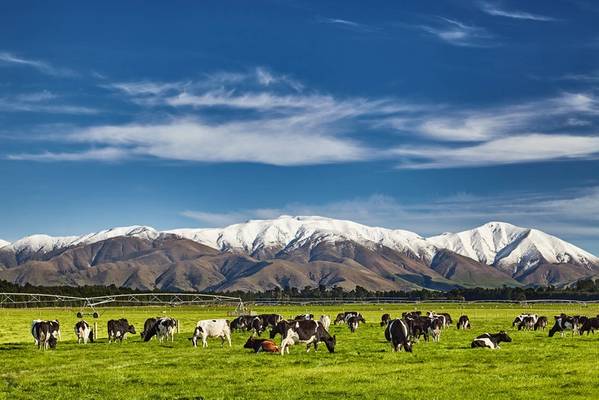
The latest Camorra research commissioned by SPCA shows there is ‘very low’ public trust in New Zealand’s live export industry.
SPCA Chief Scientific Officer, Dr Arnja Dale, says: “Sending live animals on boats into volatile conditions to destinations with poor animal welfare standards is not progressive, lucrative or likely to stimulate the economy.”
Live animal exports were banned in New Zealand last year over welfare concerns and following the sinking of the Gulf Livestock 1 in 2020. The vessel was loaded in New Zealand and sank during a typhoon on its way to China, killing 41 men and nearly 6,000 cattle.
They survey results include 74% of respondents saying the public should be given a say on draft legislation to overturn the ban, 95% of the public believe that the welfare of livestock is important and 82% agree that “we cannot guarantee how animals are treated once they reach their destination.”
Before the ban, New Zealand primarily exported cattle to China. However, a sharp decline in demand from China has led to consideration of other markets, including Vietnam, Indonesia and the Philippines.
World Animal Protection rankings, based on animal welfare legislation, range from A (the highest) to G (the lowest). While New Zealand received a “C” for farmed animal welfare, China and Vietnam both scored “G”, Indonesia received an “F” and the Philippines an “E”.
The Maritime Union of New Zealand, which represents seafarers and stevedores has officially voted to oppose the resumption of live animal exports. In an interview with Australia-based Stop Live Exports group, Victor Billot, Communications Officer from the Maritime Union of New Zealand, said: “When we discussed the issue as a union, even our wharfies were concerned about animal welfare. It’s not a nice trade; it’s not good for animals and it’s not something New Zealand should entertain with the reputation we’ve worked hard for as a quality exporter.
“The government is talking about introducing a ‘gold standard’ in shipping for the resumption of the trade, but quite frankly that’s just a PR term and has absolutely no meaning,” says Billot.
Billot says the sinking of Gulf Livestock 1, with two New Zealanders onboard, was a tragedy that obliterated any credibility the live export industry had.
“There is growing awareness in New Zealand that live animal export is wrong, and it’s also unnecessary, it represents only a small percentage of our agricultural trade. New Zealand sells itself as a clean, green and ethical producer, and reinstating live export would be hugely damaging for our reputation, and a massive step backwards for our image as a country, as well as our animals.”



